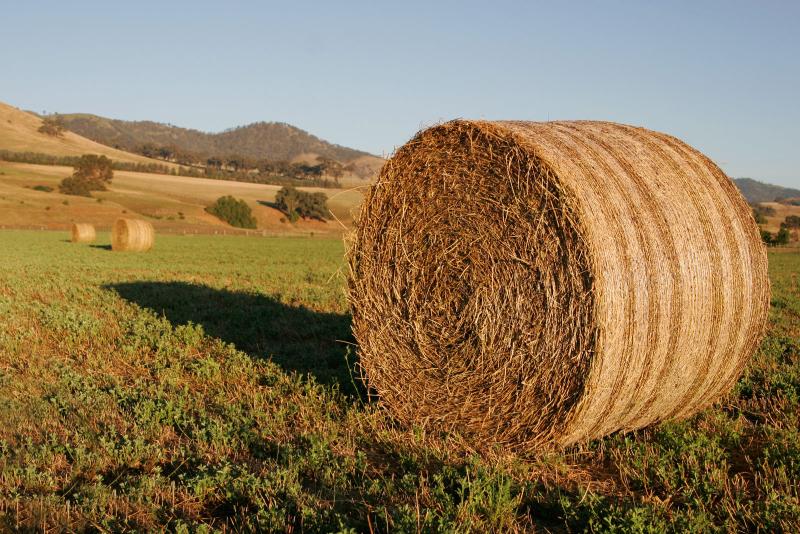
Farmers have been urged to assess their stocks of fodder and plan ahead for the remainder of winter and spring.
Local MPs and the Royal Scottish Agricultural Benevolent Institution (RSABI) joined NFU Scotland in meeting farmers in Ayrshire to discuss the damage done by heavy and prolonged rain throughout the summer and autumn.
The visit was hosted at Low Holehouse, near Galston by Willie Campbell, who farms in partnership with his wife Margaret and son Robert. The Campbells milk 160 dairy cows, finish 220 beef cattle a year and stock 250 cross ewes.
Winter rations for the stock were to have been based on grass and whole crop silage. However, the poor weather saw 80 acres of second cut silage go to waste in the field and only 130 bales of whole crop silage made.
The whole crop silage, eventually baled in December rather than the autumn, is of poor quality. A silage pit at Low Holehouse has been left empty and hay is now being purchased but at prices well in excess of £100 per tonne delivered.
'Well short'
NFU Scotland President Andrew McCornick and Chief Executive Scott Walker, a member of Scotland’s newly established Weather Advisory Panel, joined farmers at Low Holehouse.
Speaking after the visit, Mr McCornick said: “The very wet summer and autumn has left many livestock farms across Ayrshire, the South West and up the West Coast seriously short of forage going into the winter.
“Many farmers have already looked at how much fodder they were able to produce and balanced that against how much they will need in the months ahead.
“Many are well short, and we would encourage any farmer yet to do the sums on forage to do it now. It would allow them to make plans to augment their forage stocks or reduce the number of cattle they plan to carry through the winter to stretch out the forage that they have.
“And while we all hope for an early spring, we need to plan for the worst-case scenario of a late turnout of stock in 2018.
“As a Union, we are looking at how farmers can be assisted in assessing their forage needs and considering their options. We need to know the extent of the forage shortage so that mitigation plans can be put in place and we will be working on that in the weeks ahead."
'Very stark'
The MP for Central Ayrshire, Dr Philippa Whitford, also met with the group. She said the sight of the empty feed pen was "very stark" and demonstrated the challenge farmers are facing.
"It is important that livestock farmers assess what gap they are likely to face in providing enough winter and spring fodder for their herd, so they can make plans now and consider working with local colleagues to source silage from further afield," Dr Whitford explained.
"The Scottish Government has established an Agricultural Weather Panel to bring together expertise to deal with some of the key issues raised by the wet summer. In particular, farmers can contact SEPA to discuss pragmatic solutions for those who, due to the wet conditions, are running out of storage space for slurry.
RSABI Welfare Manager Mags Granger, who also visited Low Holehouse, said: “RSABI is committed to helping those involved in Scottish Agriculture whether emotionally, practically or financially. We look forward to working with everyone involved to make a real difference to farmers and their
